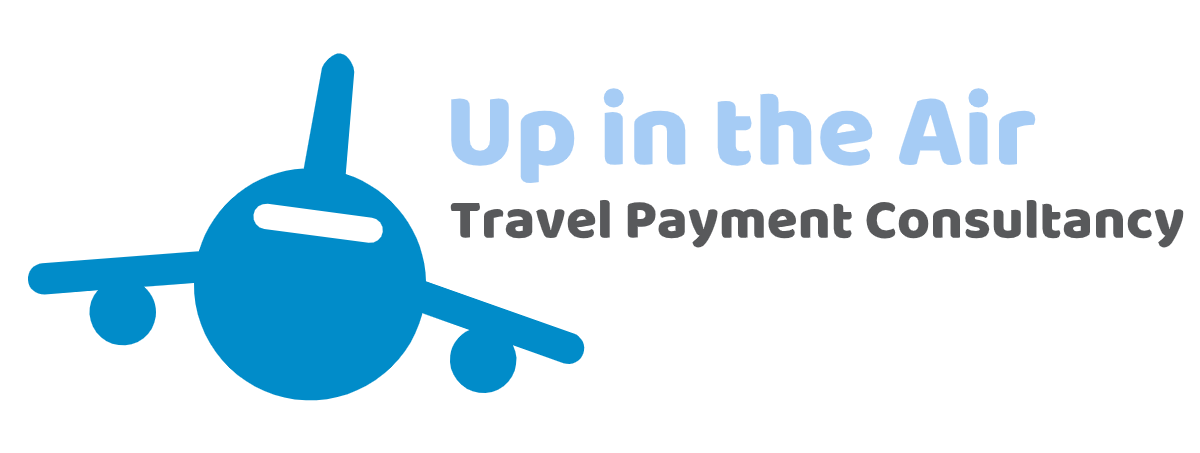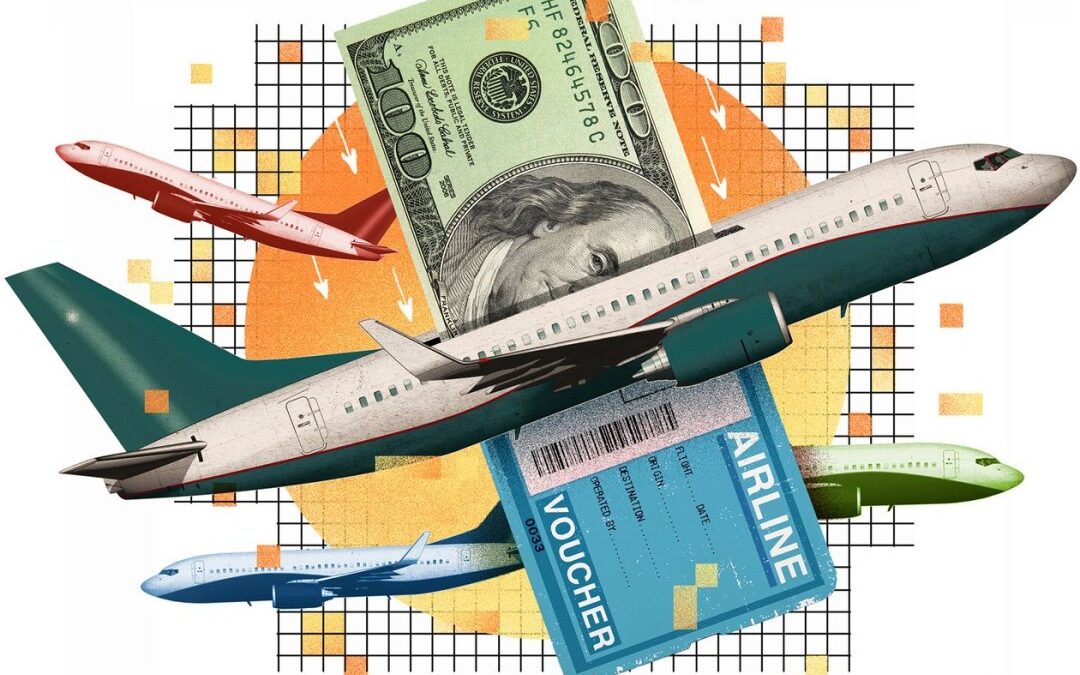The global pandemic disrupted our lives in many ways. The year 2020 is already called an “annus horribilis” and this term definitively applies to the Travel sector and the people that work in it. In this article, before we kick off a hopefully better year, I’ll look back at 2020 from an Airline & Travel payments perspective and share some of my observations.
After a relatively uneventful start of the year, plans made for 2020 had to be shelved at the end of Q1. Governments started closing borders due to COVID-19, resulting in an unprecedented number of flights and trips being cancelled. The engine had to go into reverse, in many cases a script not well tested and/or never used before. Re-bookings, refunds, vouchers, questions, complaints; customer services departments were inundated. It was first things, first. Business continuity or in some cases plain survival. For airlines and other Travel merchants their main focus this year was to keep their businesses afloat (or “in the air”), by securing government support, preserving cash flow and cutting costs.
Payment partners, while trying to support their customers, went from paying out remittances to chasing and collecting funds to cover for the massive flow of refunds, often pre-financing in order not to hold up the process. These negative collections and the uncertainty about possible insolvencies caused acquirers and schemes to review their merchant ratings and credit risk terms and monitor even more closely their exposure for payments made but services not delivered yet. The large scale at which credit vouchers were issued and re-bookings were made added to the anxiety, as no data to quantify the impact was easily available. With the risk appetite of acquirers being challenged, for merchants, adopting and/or leveraging a multi-vendor strategy has become even more important, as redundancy and “load balancing” transactions to cover any volume caps put in place by acquirers will be key moving forward.
Was there anything else than operational issues on the agenda? Well, the deadline for SCA (Strong Customer Authentication) in mainland Europe is January 1st. Will the majority of the merchants, acquirers and issuers be ready, so that a drop off in check-out conversion can be avoided? Fingers crossed, but my guess is that the online and mobile channels will work fine. Not convinced though about the complex cases, the indirect channel with (corporate) travel agencies that will require a “trickle down” of the SCA data all the way to the acquirers.
For this indirect channel we also saw a shift in B2B payments, where travel agencies that act as the merchant of record, started adopting / preferring VCN’s (Virtual Card Numbers) over BSP “Cash”. This switch was mainly driven by the now more than ever needed protection against airline (/supplier) insolvencies, in combination by newly introduced flex pricing by Mastercard and a range of other relevant variables in the equation.
How did the pandemic impact customer payment behavior? It helped payments go digital for sure, especially in those countries that thus far were trying to hang on to cash. Consumer protection as a driver made a come-back, with bank-based forms of payment being nonreversible and travel insurance not covering COVID related cancellations, cards became a safe haven. These same cards also power digital wallets (like Apple Pay) that can be used contactless instore and online in-app. Buy Now, Pay Later products like Klarna and Uplift benefitted from the need for credit, by spreading payments. Airports have become contactless, pushing kiosks and self- service bag drops to be equipped with integrated (contactless) payments solutions.
If there’s one area that needed to finally speed up the digital transformation, then it’s Cargo. The impact of COVID-19 and now also the distribution of the vaccine seems to make this possible. Where this currently means migrating paper check based payments to bank transfers, why not use the momentum to skip a couple of steps in the payment evolution? Like mpesa at the time in Africa; from “unbanked” to mobile payments? Adopt digital payments like eWallets, virtual B2B cards and even cryptocurrency to streamline processes, speed up the cash flow and save on total costs? Looking forward to seeing Cargo catch up with Pax sales when it comes to payments!
Finally, with staff in the Travel industry being heavily affected, we’re at risk of losing valuable payment expertise and insights on the merchant side. This is extra painful bearing in mind that a holistic payment strategy and a future proof payment infrastructure will be essential for the recovery during the coming years. To end on a positive note, help is underway as earlier this year Thomas Helldorff released the all new 2nd edition of his “Airline Payments Handbook” and Manolo Bogajo started the Amadeus Travel Payments Academy. Reach out to them for more information.
Wishing you all a safe & healthy 2021 and a speedy recovery for the Travel sector!


